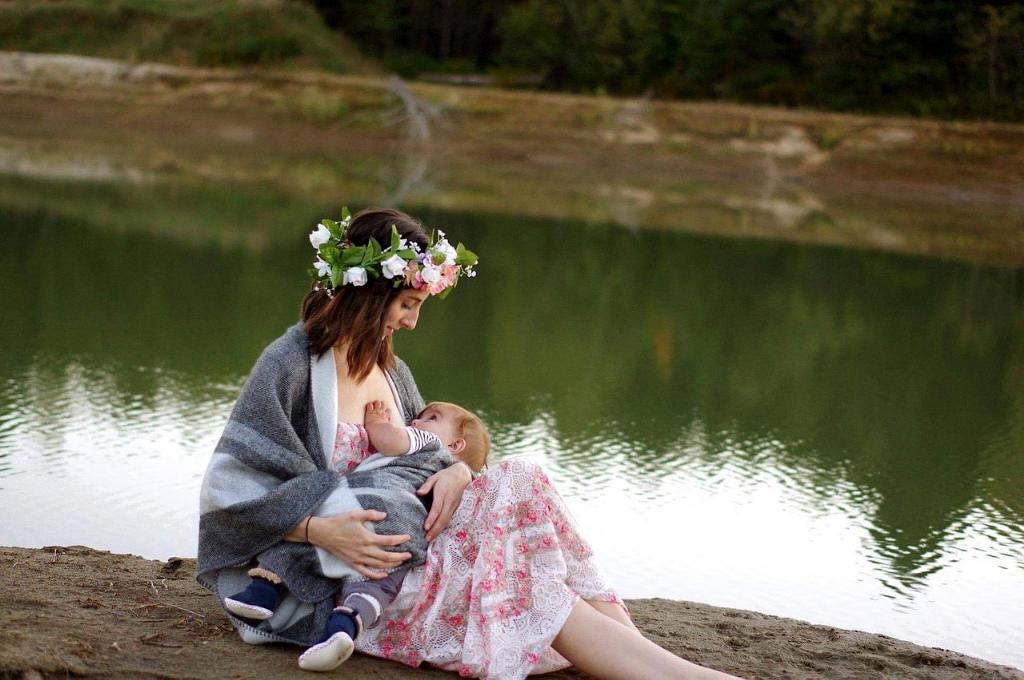When it comes to the discussion of whether or not to take prenatal vitamins while breastfeeding, it’s essential to be well-informed about the potential impact on both the mother and the baby. While every woman’s situation is unique, there are some key considerations to keep in mind when making this decision.
First and foremost, it’s crucial to understand the vital role that prenatal vitamins play in supporting the overall health and well-being of both the mother and the infant during the breastfeeding period. Prenatal vitamins are specifically formulated to provide essential nutrients that may be lacking in a woman’s diet, especially during the demanding postpartum period.
One significant reason why healthcare professionals often recommend continuing prenatal vitamin intake while breastfeeding is to ensure that the mother’s body receives an adequate supply of essential vitamins and minerals, such as folic acid, calcium, iron, and vitamin D. These nutrients are crucial for supporting the mother’s overall health and helping her recover from the physical toll of pregnancy and childbirth.
Furthermore, continuing to take prenatal vitamins while breastfeeding can also benefit the infant’s health and development. Breast milk is the primary source of nutrition for newborns, and the quality of the mother’s diet directly impacts the nutritional content of breast milk. By consuming prenatal vitamins, a breastfeeding mother can help ensure that her breast milk is rich in essential nutrients that support the infant’s growth and development.
Studies have shown that certain nutrients found in prenatal vitamins, such as folate, DHA, vitamin D, and iodine, play a critical role in the baby’s brain development, cognitive function, and overall health. By maintaining adequate levels of these nutrients through prenatal vitamin supplementation, a breastfeeding mother can potentially enhance her baby’s cognitive abilities and promote healthy development.
Additionally, some healthcare providers advise breastfeeding women to continue taking prenatal vitamins because the demands of breastfeeding can deplete the mother’s nutrient stores, leading to potential nutrient deficiencies if not adequately addressed. Prenatal vitamins can help replenish these essential nutrients and support the mother’s overall well-being during the breastfeeding period.
It is important to note that while prenatal vitamins can provide significant benefits during breastfeeding, there may be situations where a woman’s healthcare provider recommends alternative strategies based on individual health needs or dietary considerations. Consulting with a healthcare professional before making any changes to prenatal vitamin intake is essential to ensure that the best course of action is chosen for both the mother and the baby.
Furthermore, some women may be hesitant to continue taking prenatal vitamins while breastfeeding due to concerns about potential side effects or interactions with other medications. In such cases, discussing these concerns with a healthcare provider can help address any apprehensions and provide clarity on the safest and most effective approach to prenatal vitamin supplementation.
Ultimately, the decision of whether or not to take prenatal vitamins while breastfeeding should be made in consultation with a healthcare provider, taking into account individual health needs, dietary habits, and any specific recommendations based on the mother’s postpartum recovery and the infant’s development.
Overall, while there is no one-size-fits-all answer to the question of whether it is bad not to take prenatal vitamins while breastfeeding, understanding the potential benefits of prenatal vitamin supplementation and discussing any concerns with a healthcare provider can help empower women to make informed decisions that support their health and well-being during the breastfeeding journey.

